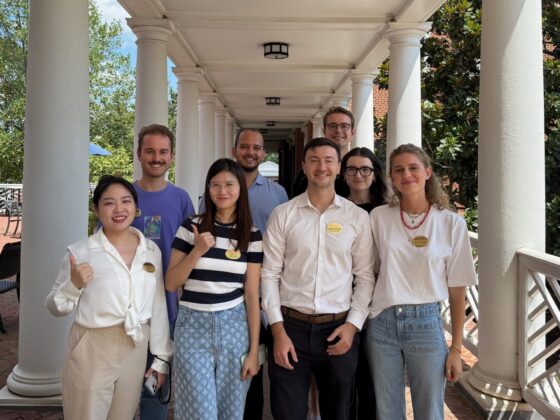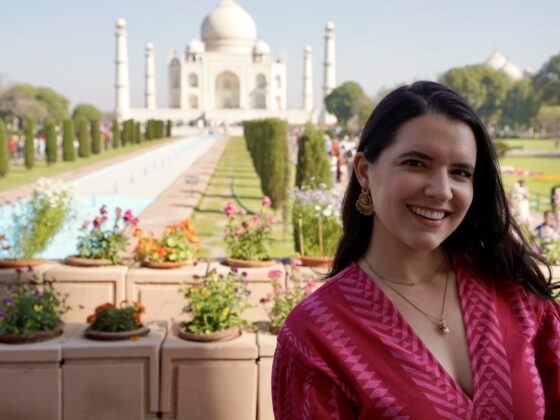18 August 2025
Exchange Students Join Darden for Fall 2025 SemesterThis fall, Darden welcomes eight exchange students from six leading business schools around the world who will study at Darden during the fall 2025 semester. We are pleased to host…
Europe & Russia, Exchange, global network, International Students, Latin America





